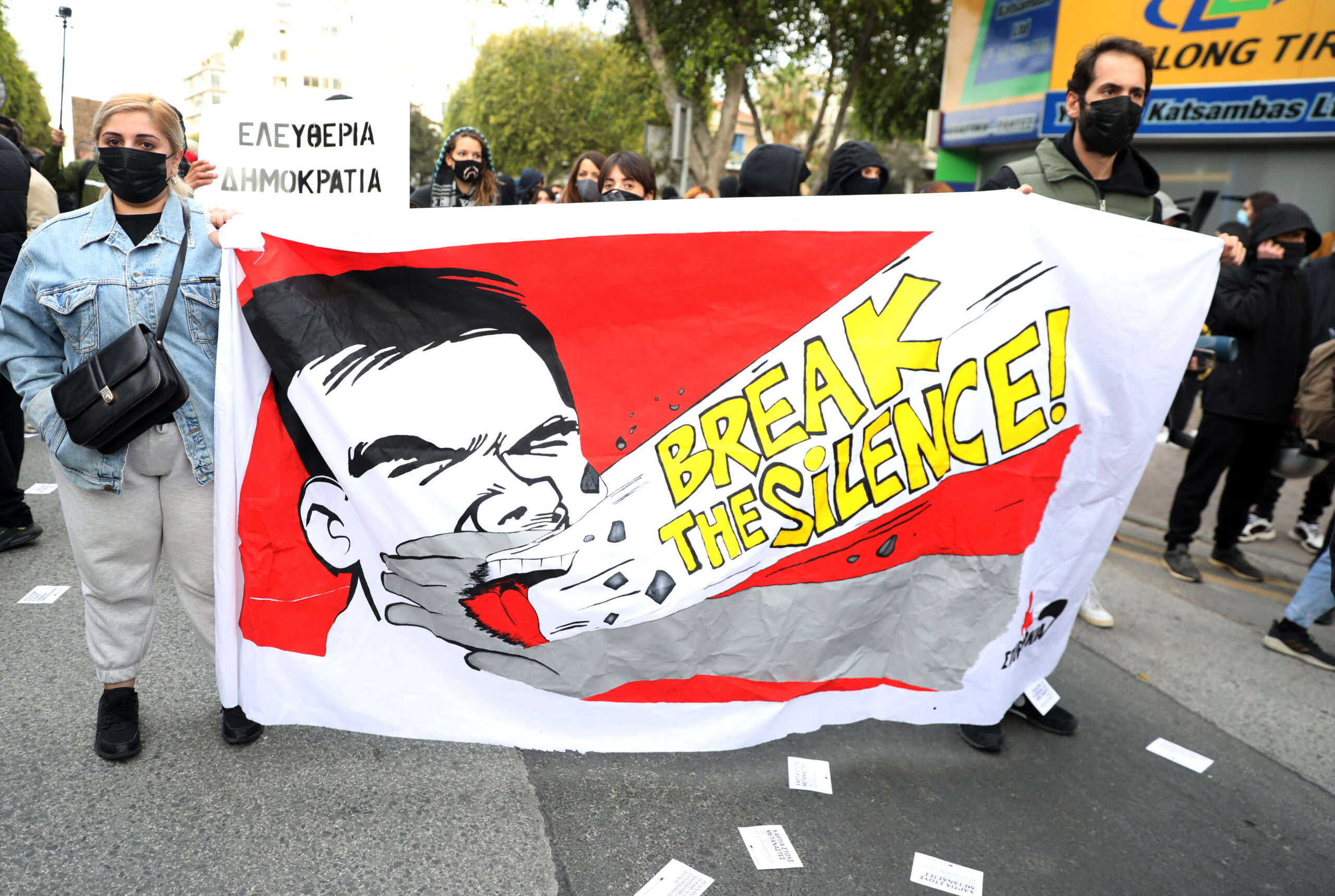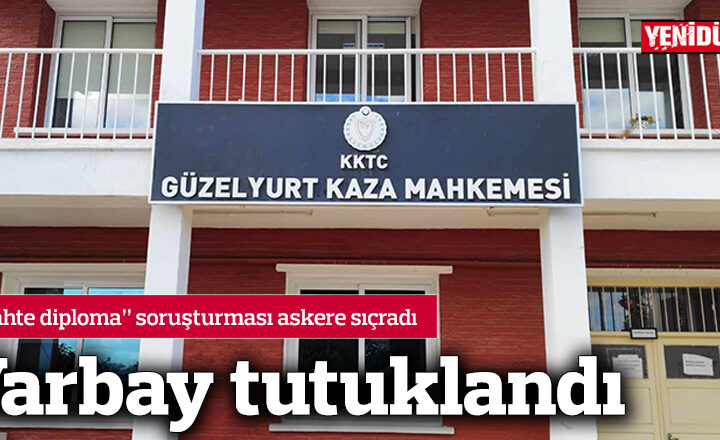Corruption watchdog Transparency International says Cyprus has lapsed in its battle against sleaze, making little progress over a decade, despite recent measures ushered in by Parliament.
In Transparency International’s Corruption Perceptions Index 2021 (CPI), Cyprus has slipped 10 places.
It is now ranked 52 among 180 countries, falling from 42nd spot in 2020.
In addition to the rankings, countries also receive a score of 0 to 100, where zero means highly corrupt, and 100 means very clean.
Cyprus’ 2021 score was 53, dropping from 57 in 2020 and 58 in 2019.
According to the CPI, corruption levels remain at a standstill worldwide, with 86% of countries, including Cyprus making little to no progress in the last 10 years.
Cyprus was among a dozen countries at historic lows, scoring 53, while a graph showing annual figures suggested the score started sliding in 2013.
Denmark, New Zealand, and Finland were perceived as the ‘cleanest’ in 2021.
Somalia, South Sudan, Syria, Yemen, and Venezuela were the most corrupt.
Transparency International noted that “anti-corruption efforts stagnate worldwide, human rights and democracy are also under assault”.
“Our latest analysis shows that protecting human rights is crucial in the fight against corruption: countries with well-protected civil liberties generally score higher on the CPI, while countries who violate civil liberties tend to score lower”.
It said the global COVID-19 pandemic was used in many countries as an excuse to curtail basic freedoms and sidestep important checks and balances.
Cyprus’ reverse has been dubbed concerning by The Cyprus Integrity Forum, a local NGO combating corruption.
“The results of the CPI have a significant impact on our country as they are taken seriously by foreign investors who prefer to avoid countries whose ranking is worsening compared to previous years.
“Recent research has also found that tourists also take this indicator into account,” the forum announced.
It argued that the results are bad for the island’s reputation and prestige and should be taken seriously by the government.
Over the past few months, the NGO said small steps had been taken to implement the Council of Europe’s anti-corruption body (Greco) recommendations and pass the law protecting whistleblowers.
“However, this will have absolutely no impact on this indicator if there are no improvement leaps that will restore our credibility in the eyes of our partners.
“Therefore, if we want to increase the inflow of foreign investment and other sectors of the economy in our country, even tourism, our culture must change immediately,” argued the forum.
Whistleblowers
Recently, Cyprus has taken steps in combating corruption; last week, the House voted in legislation approving the bill on protecting people who blow the whistle on corruption after a six-year delay.
There are also plans to establish a national integrity body authorised to conduct a real-time audit on politicians and their asset declarations.
In recent years, the government and the political system have been accused of sweeping corruption under the carpet following revelations of sleaze in high places.
In November 2020, Nicosia dropped its golden passport scheme after Al Jazeera aired a documentary showing reporters posing as fixers for a Chinese businessman seeking a Cypriot passport despite having a criminal record.
More recently, the Pandora Papers involved the name of President Nicos Anastasiades.
A law firm founded by President Anastasiades was named.
According to the investigation, the “law firm appears as a key offshore go-between for wealthy Russians.”
The Cypriot law firm allegedly helped a Russian billionaire and former senator, Leonid Lebedev, conceal ownership of four companies by listing law firm employees as owners of Lebedev’s entities.
According to Transparency International, the CPI “is the most widely-used global corruption ranking in the world.
“It measures how corrupt each country’s public sector is perceived to be, according to experts and businesspeople.”
The Index measures perceptions of corruption in the public sector such as bribery; officials using their public office for private gain without facing consequences; excessive red tape which may increase opportunities for corruption; nepotistic appointments in the civil service; laws ensuring public officials must disclose their finances and potential conflicts of interest; legal protection for people who report cases of bribery and corruption; and state capture by narrow vested interests.










